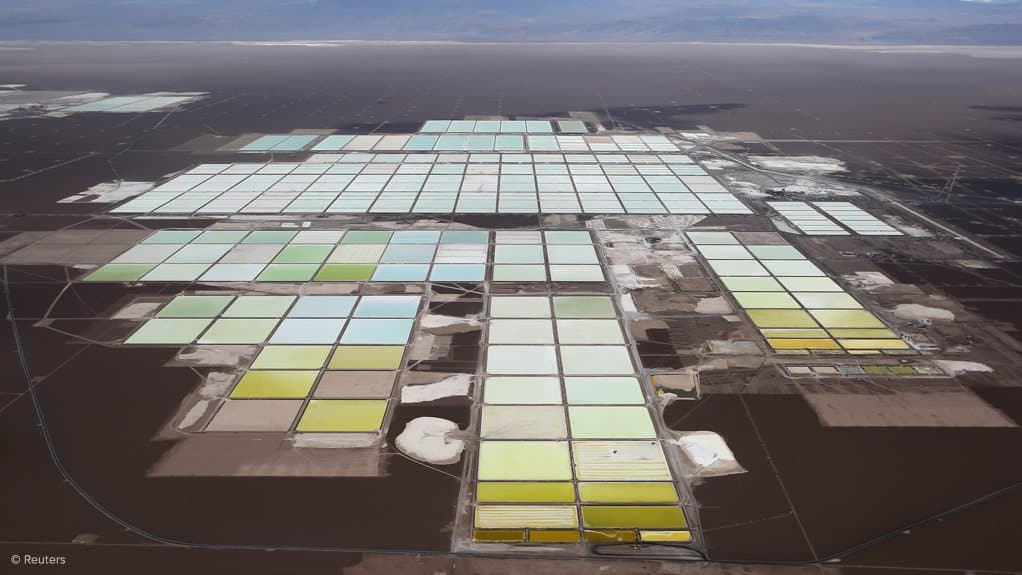Chile’s newly appointed Economy Minister Alvaro Garcia expects state-run copper producer Codelco and local miner SQM to finalise a major lithium partnership deal before the current administration leaves office in 2026, he said in an interview.
Some presidential contenders have said they would review the deal or scrap it altogether if it does not come through before President Gabriel Boric leaves office, putting pressure on his administration to finalise the key pillar of its vow to boost the state’s role in lithium production.
“This is our immediate objective. We expect it will be completed before the end of the administration,” said Garcia, who was tapped last weekin a cabinet reshuffle that made his predecessor Nicolas Grau finance minister.
Codelco and Santiago-based SQM initially expected the joint venture to go into effect in early 2025, but final steps have taken longer than expected.
The deal requires approval from various antitrust regulators due to SQM’s presence in global markets. SQM expects regulatory approval from China in September or October.
The partnership is slated to give Codelco, the world’s largest copper producer, majority control of SQM’s lithium production in the Atacama salt flat.
Garcia said he also expects new lithium operating contracts, including one for global miner Rio Tinto’s partnership with state-run Enami, to be granted in September.
He added that Chinese automaker BYD and steel group Tsingshan remain interested in projects in Chile after both scrapped plans for lithium processing plants there, but did not have further details.
“Companies have said they remain interested,” he said.
SPEED UP INVESTMENT
Garcia also expects a long-awaited law to streamline development permits to go into effect in the coming days. Congress passed the law in July, but the administration is awaiting court review due to challenges from legislators.
“Our information tells us that the court has already agreed,” Garcia said. “The most important thing left to do is to define how the regulations will be implemented.”
A second bill aimed at quickening the environmental assessment system – the longest part of Chile’s permitting process – has been delayed in Congress.
Garcia gave no updated timeline for the law, but said the first bill, which addresses so-called sector permits, already will help investment.
“The process will be even more streamlined, but what has been achieved in the area of sector permits already greatly expedites projects,” Garcia said.



